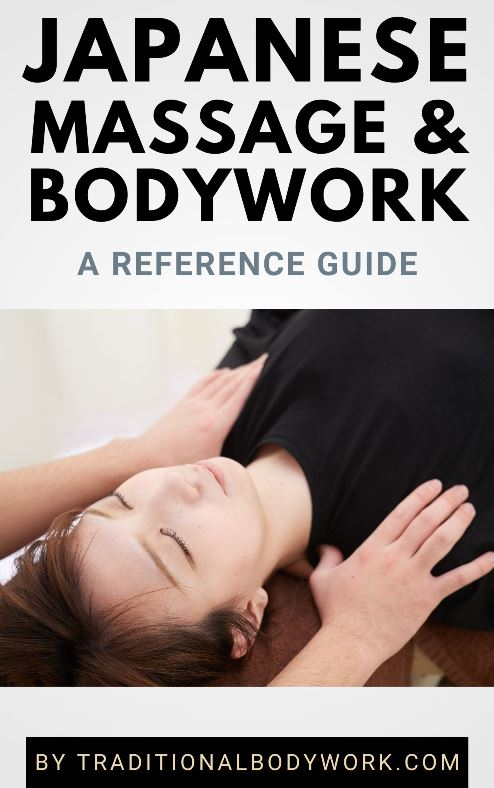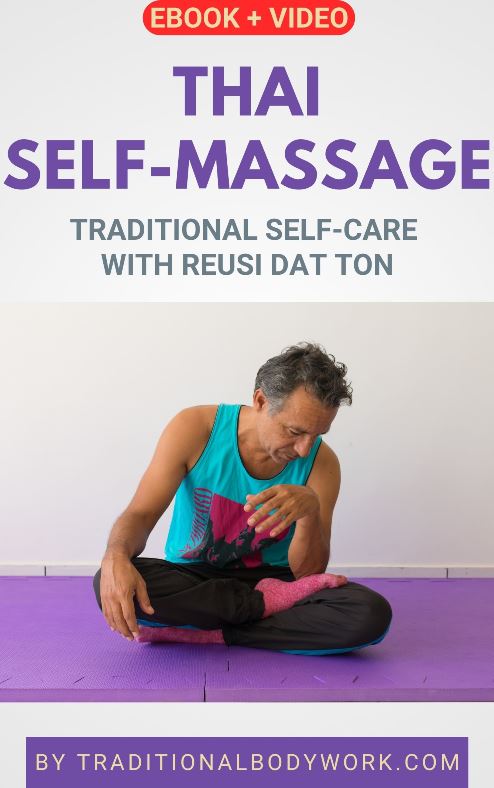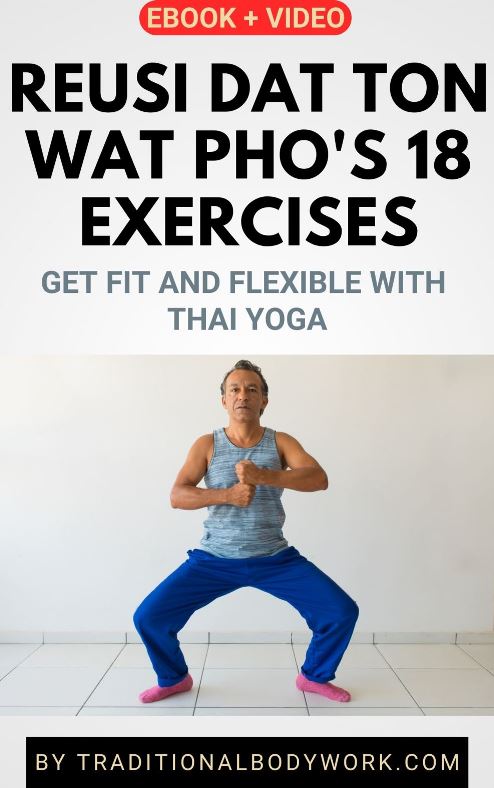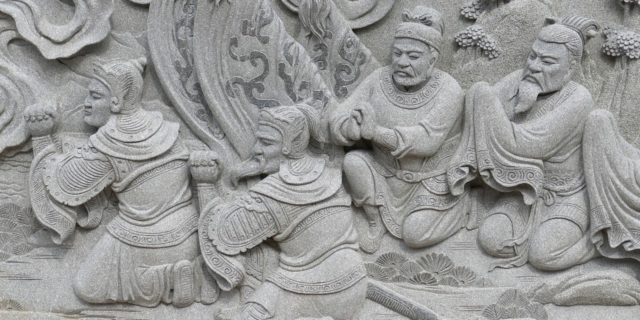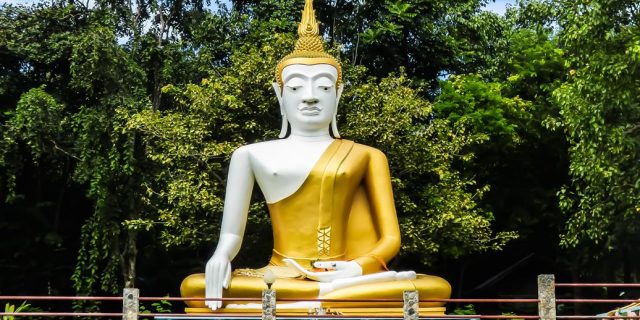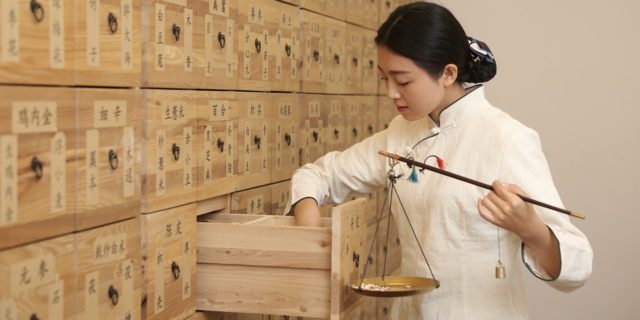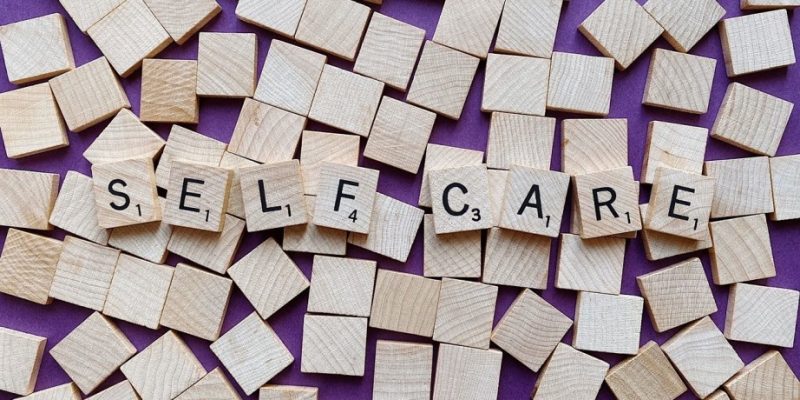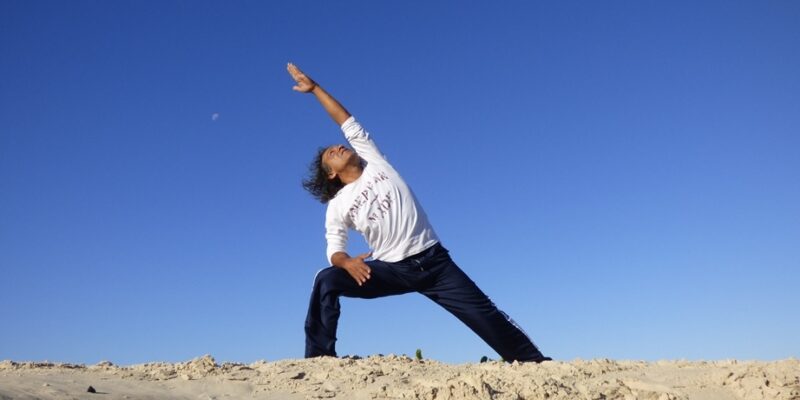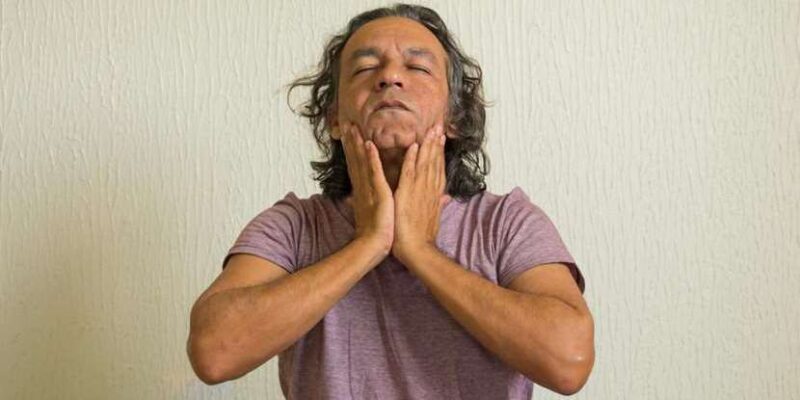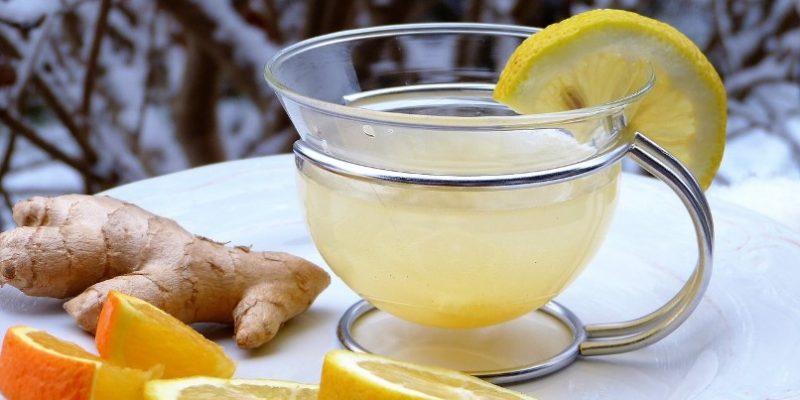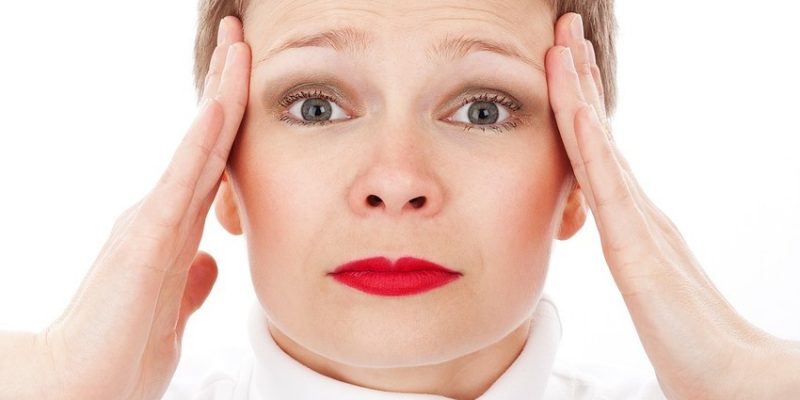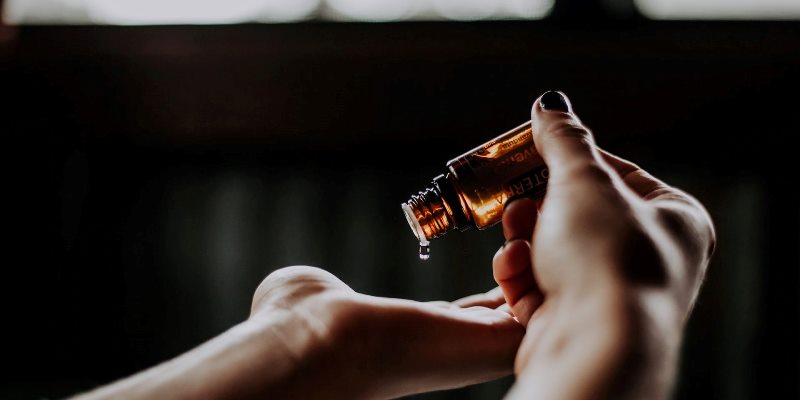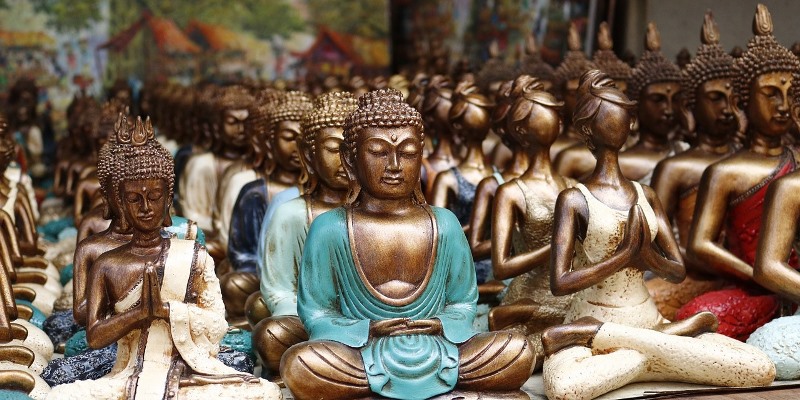
Self-Care and Self-Healing practices in Asia, both in the past as in the present day, include a wide range of modalities such as herbal treatments, diets, Self-Massage, Yogic bodywork, exercises, meditation, and religious, cultural and spiritual rituals.
Mind that Asia is a vast continent, with many countries, a variety of regions and rich cultures, starting in East-Turkey and East-Russia, and going further eastwards through the Middle-East, while passing, for instance, Persia (Iran), Afghanistan, India, Nepal, Tibet, Myanmar, Bhutan, China, Korea, Vietnam, Thailand, and Laos, and including Indonesia, the Philippines, Taiwan and Japan.
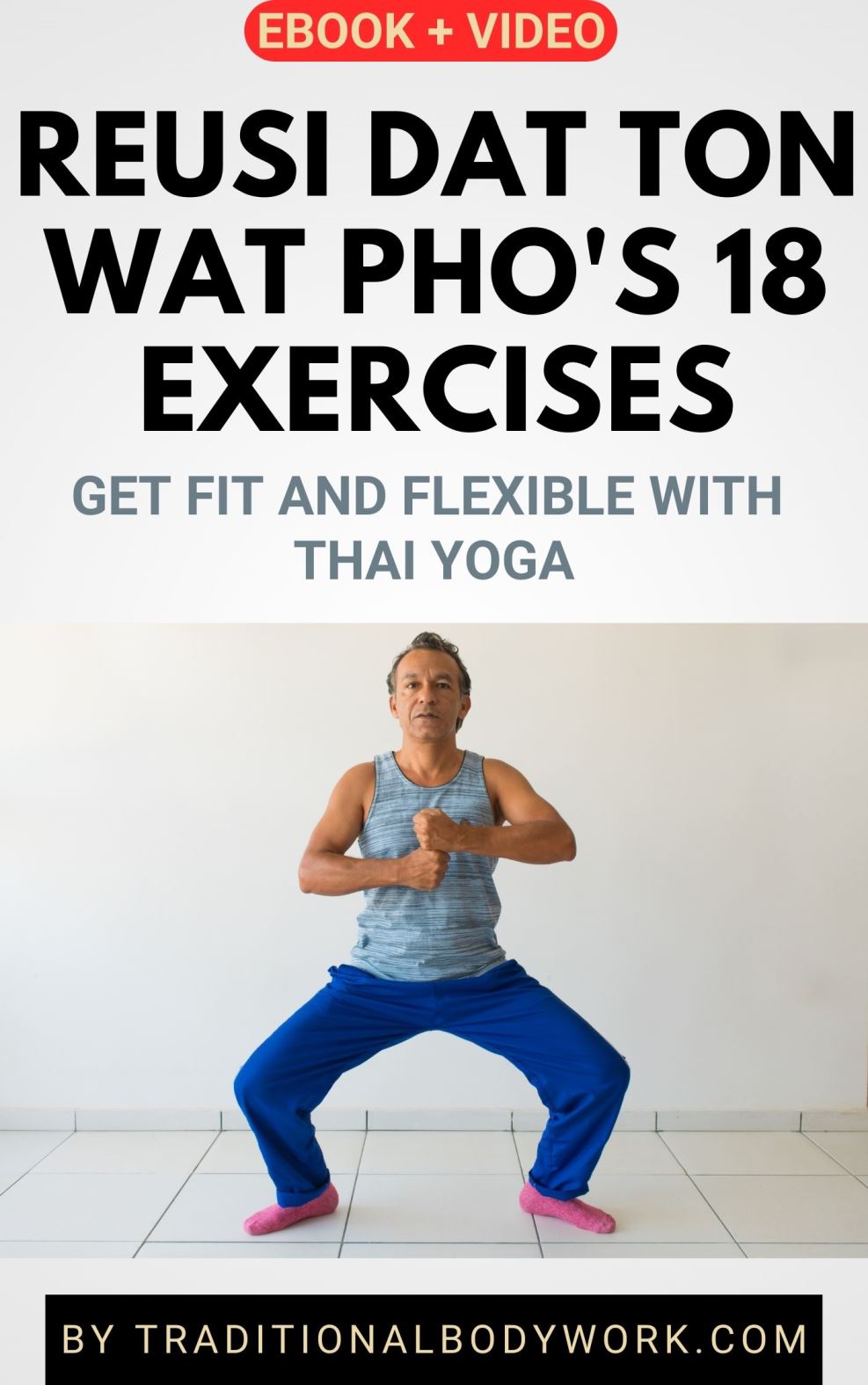
Asian Traditional Medicine systems as a whole and, as part of that, Asian Traditional Self-Care Practices have been strongly influenced by Indian Ayurveda, Indian Yoga, Indian Siddha Medicine, and Indian Tantra, by Traditional Chinese Medicine including Taoism, and by so-called Greco-Arab Medicine which includes Unani Traditional Medicine.
The two giants India and China have had a major role in the development of preventive, restorative and curative healing practices, and the combinations of concepts, methods and techniques of both systems have penetrated the whole of Asia (although notably Central, Southern and Eastern Asia), including the island groups of Indonesia, the Philippines, and Japan.
Later in history, the Arab-Muslim conquests of parts of Asia (including parts of India and South-East Asia) and/or the adoption of Islam, added Unani Medicine and other Greco-Arab medical principles to already locally existing healing arts.
Today, within our globalized world, we see a renewed blending of various distinct Traditional Asian Medicine systems within Asia, but also outside of Asia where the West has increasingly adopted and integrated concepts and treatment elements in their own Health and Self-Care systems as an alternative or complementary healing practice.

